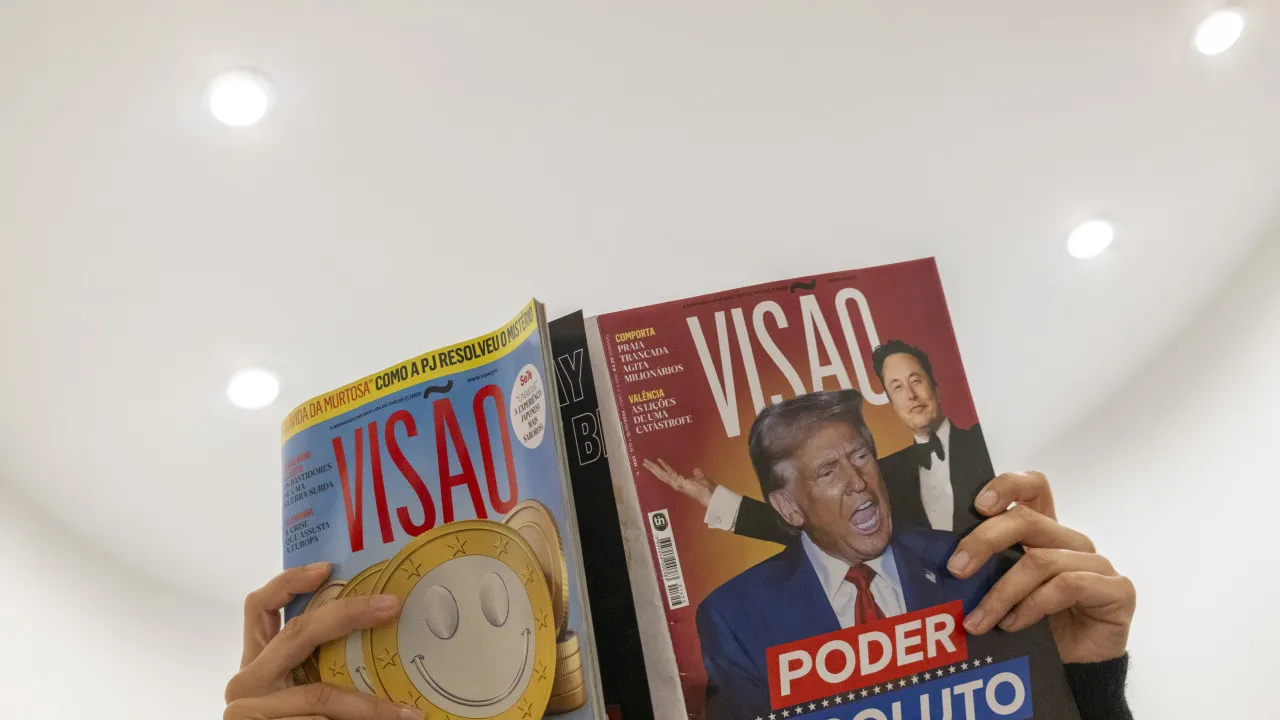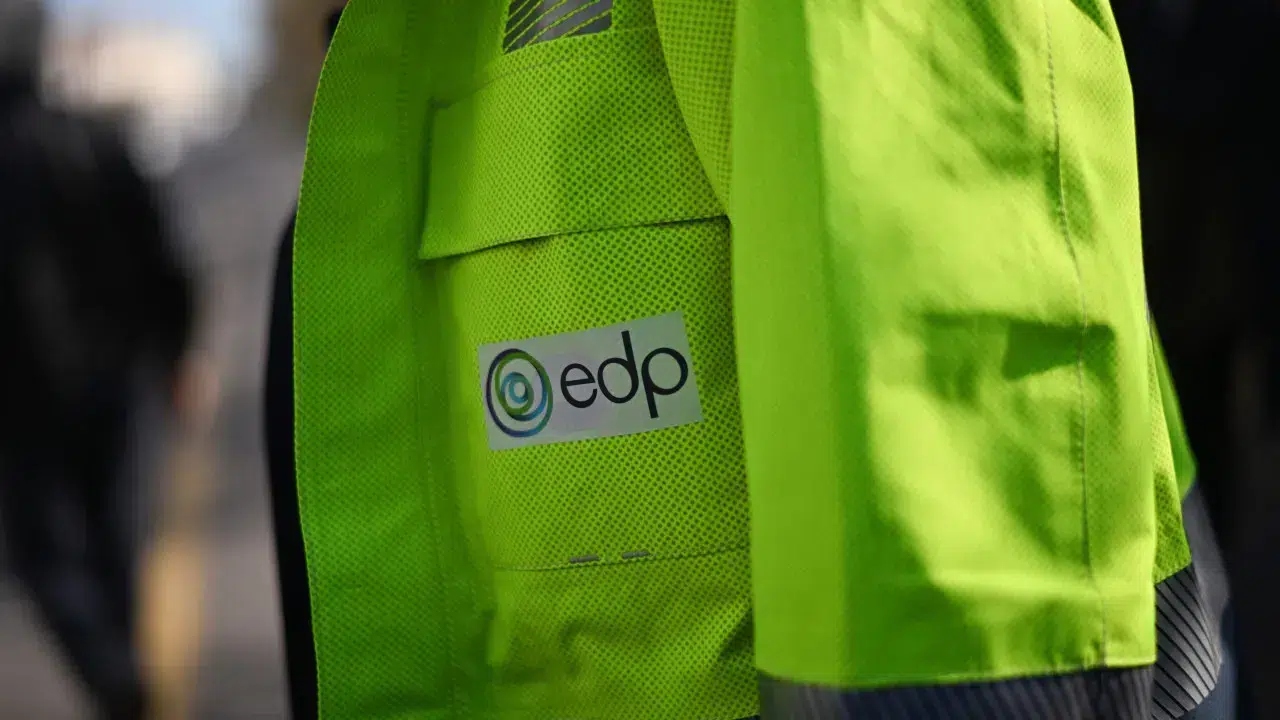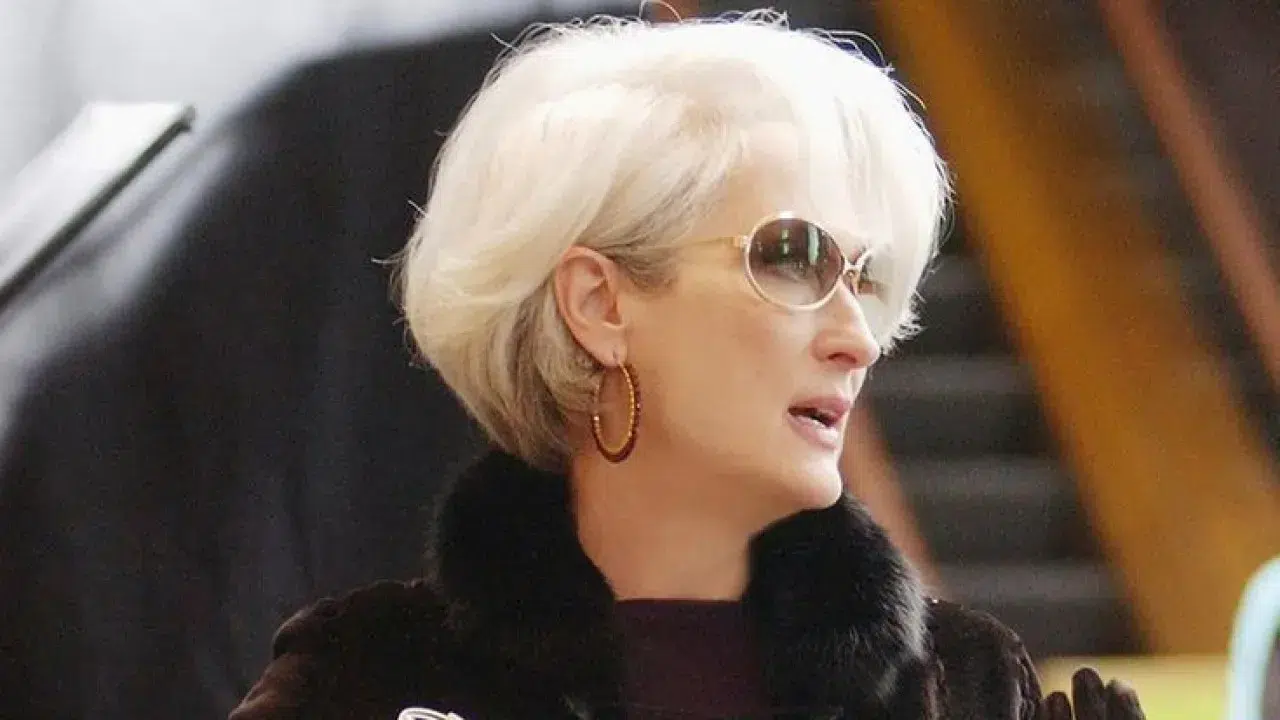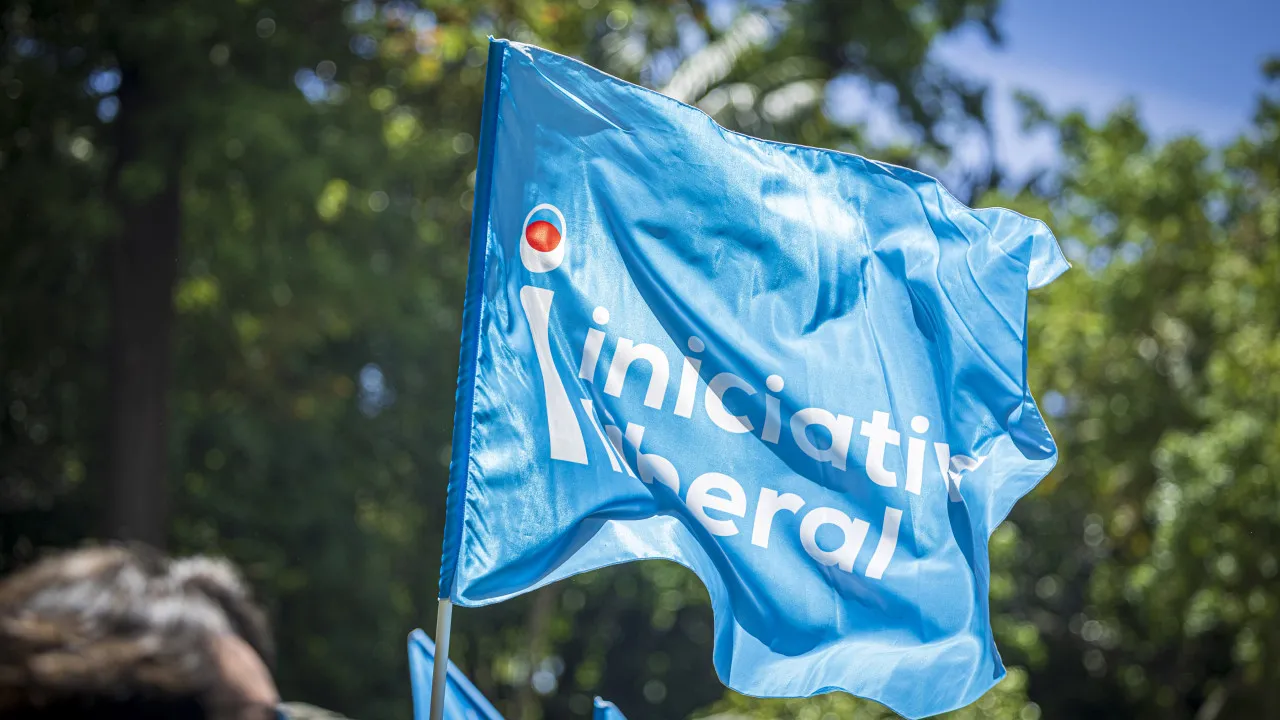The prime minister sees the European Union’s new strategic growth lines as an opportunity for investment in the African continent.
The Portuguese prime minister this Sunday endorsed the European Council president’s proposal for a pact between Europe and Africa to regulate the flow of migrants, punishing criminal groups that traffic people but also promoting legal channels for migration.
“The neighborhood coexists and this coexistence has to be duly regulated and not be an opportunity for organized crime and a threat to the lives of all those who want to find new life opportunities on the other side of the Mediterranean,” said António Costa to Lusa, on the sidelines of the 36th summit of heads of state and government of the African Union (AU), which ends today in Addis Ababa, and in which he participated as an observer, being the only non-African ruler present.
In parallel, it is necessary to define legal migration channels, he maintained.
“We have to find a solution here that is positive for everyone, because Europe unquestionably needs more human resources” and “Africa has human resources in abundance,” considered the Portuguese head of government.
But, “on the other hand, Europe also has to find ways to help it create new jobs on the African continent so that we don’t simply have a loss of human resource capacity here on the African continent,” he added.
The European Union’s new strategic growth lines are also an opportunity for such investment, as the covid-19 pandemic created logistical constraints and affected many European industries that had relocated to Asia.
“It makes sense to bring back to Europe a set of industrial productions that were transferred to Asia and that can be located in Europe,” but “many can also be located in the African continent, helping to develop the continent.”
This helps “to create jobs that give hope to the youth of this continent and that they are not condemned to think that only by risking their lives crossing the Mediterranean will they be able to find a decent job,” stressed António Costa, who also held several bilateral meetings in Addis Ababa.
“Despite all the disruption that the war [in Ukraine] has introduced this year in relations between Africa and Europe, the strategic projects that we approved a year ago at the EU/AU Summit have been moving forward,” Costa stressed.
There is a “need for us now to give a new impulse in the realization of these projects, moreover because Europe, more than ever, needs to diversify its energy sources, but also because we need to invest heavily to give to the youngest continent in the world,” concluded the Portuguese leader.




